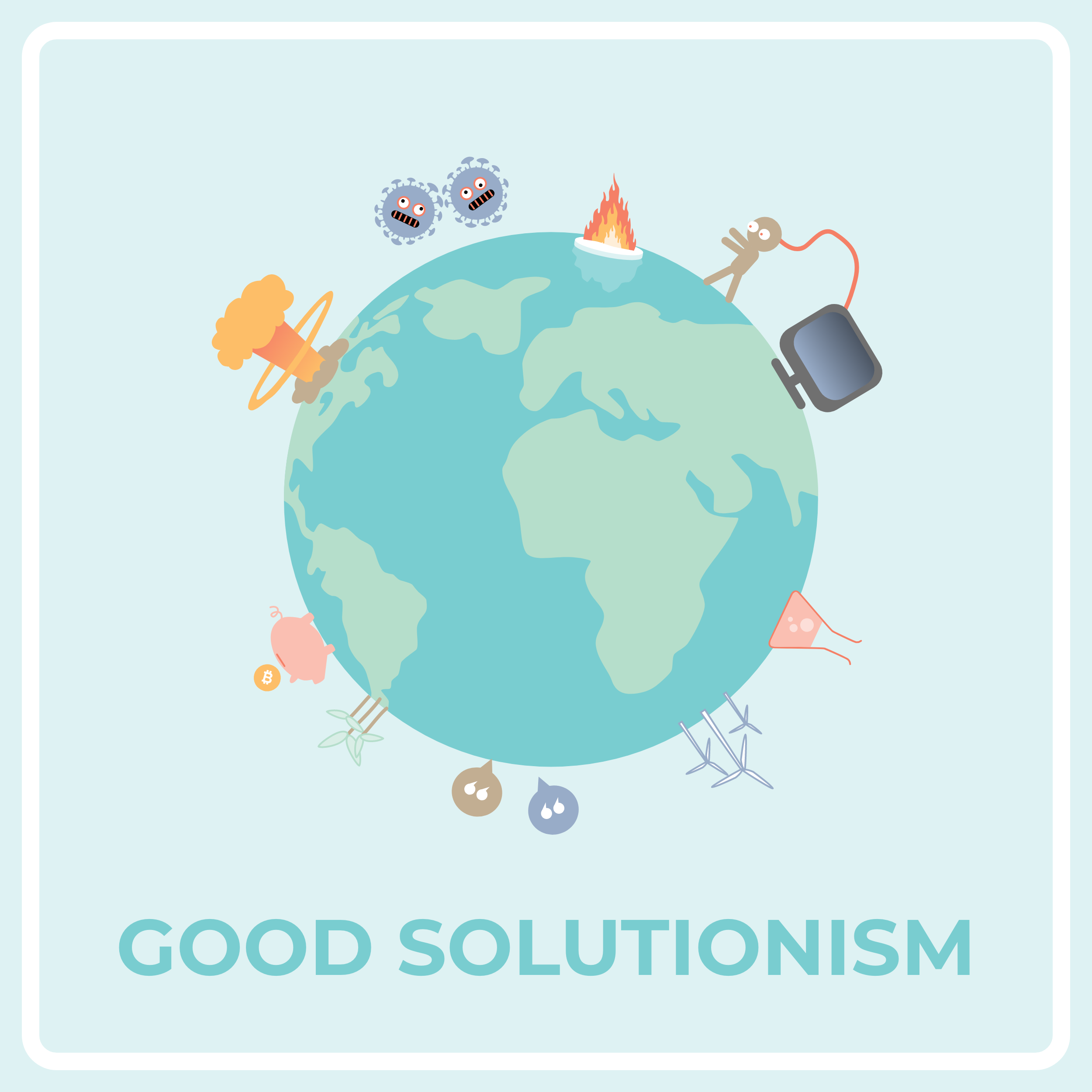Why did you choose impact investing?
- Tried driving change in government but it wasn’t fast enough
- A lot of capital, years of ESG, philanthropy haven’t been working, as evidenced by the increase in poverty from 2014 to 2021 in Australia
- Solving complex problems and social change is about economies (getting capital and capability to these underserved places)
- We’re not cracking any of the big problems. The private sector needs to get involved and is slowly starting to (e.g. Aware super)
Is this involvement by the private sector a recent development?
- No, but beforehand it was just an ESG thing, not a core focus
- I’ve been suggesting for decades that we should do more public private partnerships
- Government is pretty terrible at deciding how to do things
- Hackathons are a great example of collaboration / cross sector thinking
- Government needs to stop using the big 4 consultants who we’ve been using in the last few decades without making a dent on any of the big social problems
- Right now you can make such a big difference if you can deploy capital, care, capability to targeted places like the Northern Rivers
- Beckon spoke to Anne-Marie’s heart and purpose for this very philosophy
How do you define impact?
- It is often over complicated and people often focus too much on inputs and direct outputs (it’s easy to do, looks impressive and makes us feel good)
- For something to be making an impact you must ask are their lives better?
- Measuring real impact is hard but we should at least try
- Anne-Marie hasn’t been shy about saying this system hasnt worked
Do we need more frameworks to shift away from that CSR view?
- We need much better measurement to stop impact washing
- All about getting real with measurement, which is hard (e.g. Australian unemployment rate debate)
- We need frank and fearless advice as ‘yes’ people give you no litmus test of reality
- The balance between impacting a lot of people a little bit or a small amount of people a lot could again be improved by bringing in the private sector to help use capital effectively
What did you learn about successful impact startups from your time running your social impact accelerator?
- If you don’t get customers you’re not going to survive, full stop
- Then you don’t rely on investors to scale, you rely on them for a very specific purpose
- A lot of people do startups because they want to be an entrepreneur or are excited about a technology and they’re not trying to solve a problem which is essential for someone to want to buy it (wrong attitude)
- Hackathons coach you to market and validate the product
- Hackathons are also great because they start with the problem (not what looks good).
Are some social impact initiatives not focused enough on a problem?
- We are seeing more people coming to us at Beckon because of this and because they need to commercialise
Venture capital comes with a lot of strings attached… are some of these still present in impact investing?
- Beckon Capital invests in impact, it’s not the same as impact investing
- They work to help you achieve your dream and show you other ways of investing
- They try to help connect people anyway
How can the ethical companies win? What role can impact investing play in that?
- The world is changing, the young generation is demanding ESGs (e.g. parallel to liberal seats)
- E.g. One of Anne-Marie’s favourite companies is Bright… there is a growing groundswell for change like this
- Disruption is necessary for change
How can we accelerate the impact of disruption on the old incumbents?
- It’s the younger generations that need to head up these organisations
- Anne-Marie has always suffered because she has always seen things the way younger people people are seeing now
- Change brings up fear in people which is a huge barrier
- Change is very slow, frustrating
- Anne-Marie gets on peoples nerves because she is persistent, urgent, clear on what we need to do
- There’s a lot of money going into change making but it hasn’t been getting anywhere -> maybe because we’ve gone from a community approach to top-down approach
Will we go back to the community approach?
- This has already started happening
- E.g. Keenan and Carly set up a not-for-profit to stop people getting back into prison and get connected - it’s nuts that they’re not getting funded (systems fail but people who are courageous are still going out there and making change whether they have the money or not)
- Impact investors wouldn’t be doing it if the money wasn’t involved
- Anne-Marie’s mother and step father did things because it was the right thing to do and otherwise it wouldn’t happen
How can we scale communities to strengthen our global community so we can work on big existential issues?
- There are several movements, we need lots of connection
- Founder of Beckon Capital Chris has thought deeply about establishing Beckon - global thought leader
- Something is shifting - people are connecting (but not the establishment - it’s way too bureaucratic)
- For example people are setting up global food funds
- There are things to hope for and we can be optimistic
- We have to be open source, connected and we must realise we’re all just part of something and the solution
Are there any new exciting technologies that may make a big difference?
- Anne-Marie is interested in web3
- You have to have diversity and it’s not happening right now in boards or positions of influence
- There are opportunities to disrupt so change will happen quicker
- ESG, being cognisant of the world around us, being a responsible citizen just have to be the norm



